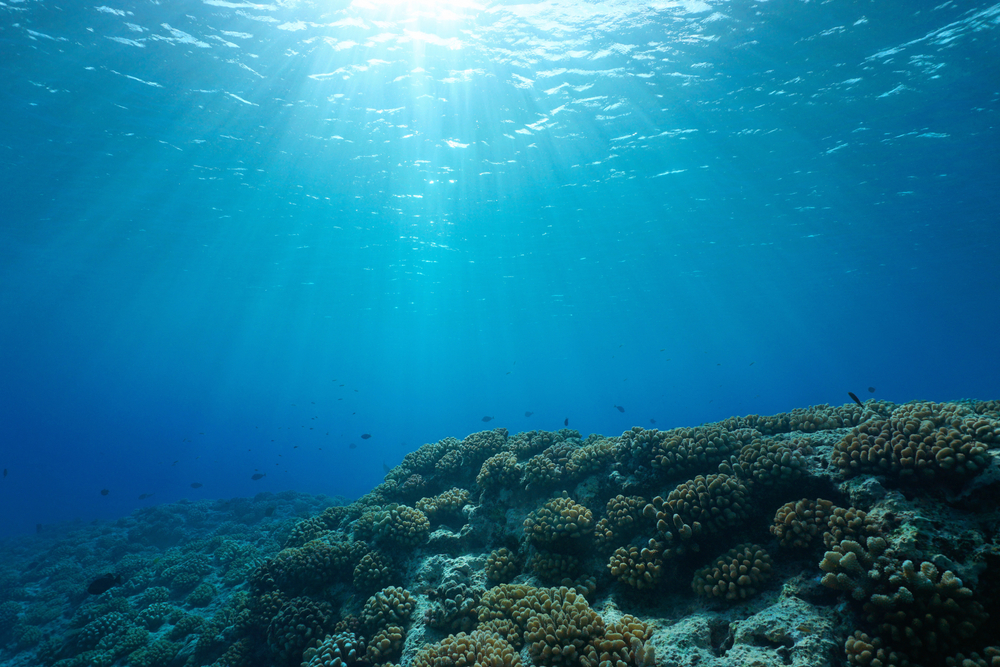Coral reefs, the vibrant life-filled undersea cities, have long been on the front lines of climate change’s onslaught. However, new research from Newcastle University provides a ray of light in the middle of these struggles. The coral reefs of Palau demonstrate a capacity to adapt to rising ocean temperatures in the turquoise waters of the Pacific Ocean, perhaps minimizing the severity of future bleaching events caused by climate change.
How coral reefs cope with warming temperatures
Scientists at Newcastle University’s Coralassist lab discovered a hopeful phenomenon: the thermal tolerance of coral reefs in Palau has been spontaneously rising over the decades. This slow adaption, which has occurred at a pace of about 0.1°C every decade since the late 1980s, is a surprising revelation. This inherent resilience shows that coral reefs have the ability to react to increased ocean temperatures, which could help lessen the impact of bleaching events caused by climate change.
Liam Lachs, the study‘s lead author, emphasizes the significance of this discovery: “Our study indicates the presence of ecological resilience to climate change, yet also highlights the need to fulfill Paris Agreement commitments to effectively preserve coral reefs.” The findings suggest a delicate balance between nature’s ability to adapt and human action to reduce carbon emissions.
Climate action and coral conservation: A way to safeguard vulnerable habitats
This study emphasizes the link between climate action and coral protection and the importance of reducing global carbon emissions in influencing the severity of future coral bleaching. When considering situations in which international commitments, such as those contained in the Paris Agreement, are upheld, an optimistic perspective emerges. In such cases, low-to-medium emission scenarios give the best chance of fully mitigating high-frequency bleaching.
The study does, however, serve as a reminder that high-emission scenarios can result in unavoidable bleaching effects. To secure the survival of these priceless ecosystems, society’s reliance on fossil fuels must be significantly reduced. According to Dr. James Guest of Newcastle University’s School of Natural and Environmental Sciences, “the results provide some hope that reefs can keep up with increasing temperatures, but only if strong action is taken on climate change.”
The future of Pacific coral reefs depends on balancing resilience and diversity
Coral reefs, vital marine habitats and biodiversity hotspots, are at a crossroads. The way forward must strike a balance between increasing coral community flexibility and preserving diversity and expansion. “That resilience, however, can also come at a cost,” says Prof. Simon Donner of the University of British Columbia‘s Climate and Coastal Ecosystems Laboratory, “in terms of reduced reef diversity and growth.”
Looking ahead, the narrative of Pacific coral reefs provides both inspiration and a roadmap for conservation efforts. While the findings imply that corals have the ability to improve their heat tolerance, the delicate interplay of adaptive processes remains a mystery. Prof. Peter Mumby, study co-author, emphasizes that future difficulties will be determining the underlying processes behind these shifts and recognizing the potential for further increases in temperature tolerance.
The voyage of Pacific coral reefs, in essence, symbolizes humanity’s struggle against climate change. It serves as a reminder that resilience exists in nature and is just waiting to be discovered. The study’s findings not only remind us of the delicate balance we must maintain but also serve as a wake-up call. We can protect these aquatic beauties and assure their survival for future generations by maintaining an unshakable commitment to reducing carbon emissions and implementing sustainable practices.
Source study: Nature Communications— Emergent increase in coral thermal tolerance reduces mass bleaching under climate change
We are highlighting this piece as part of our annual “Best Of” roundup of articles published at The Optimist Daily this year. Today’s focus is on our staff’s picks! Our favorite solutions of 2023.












